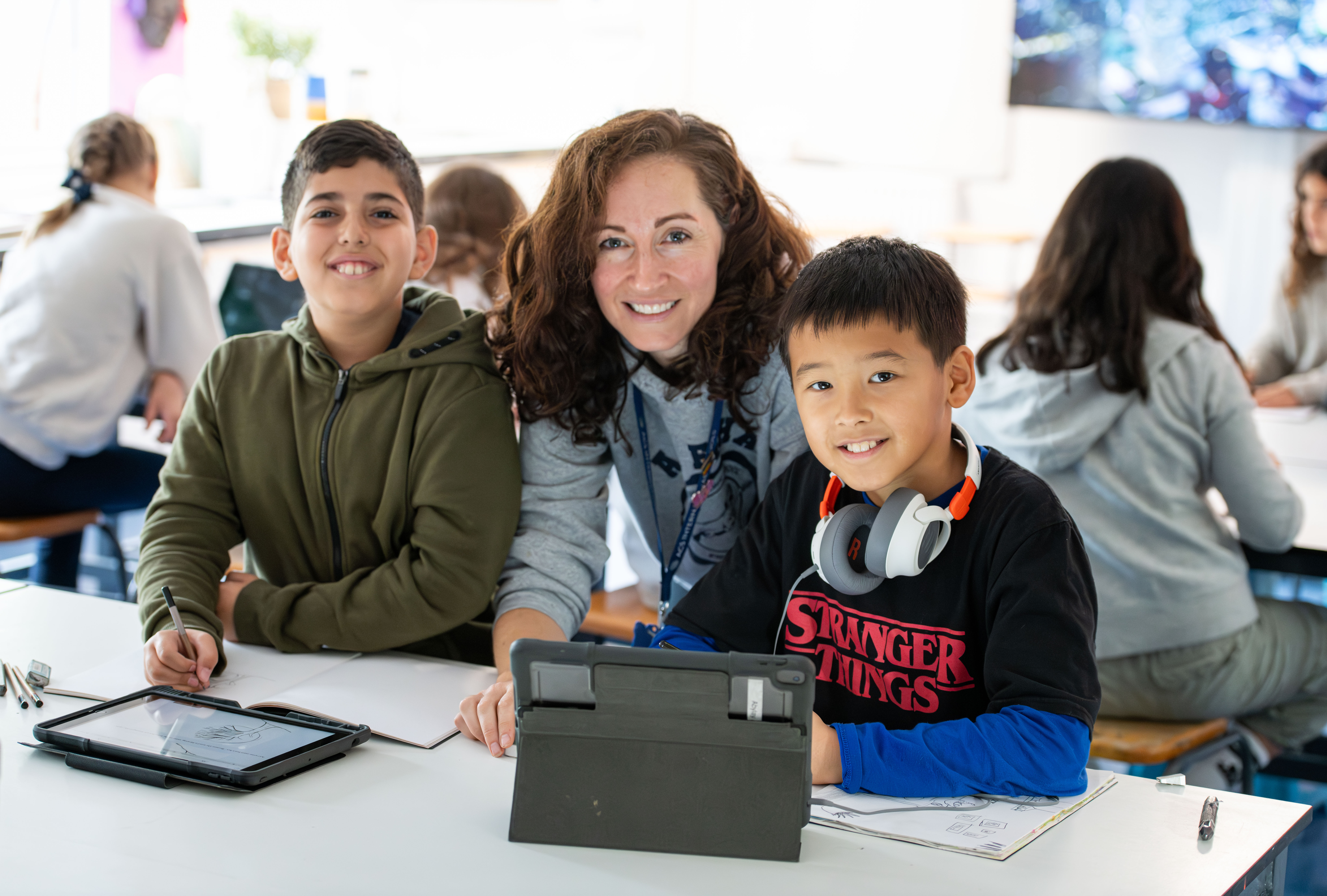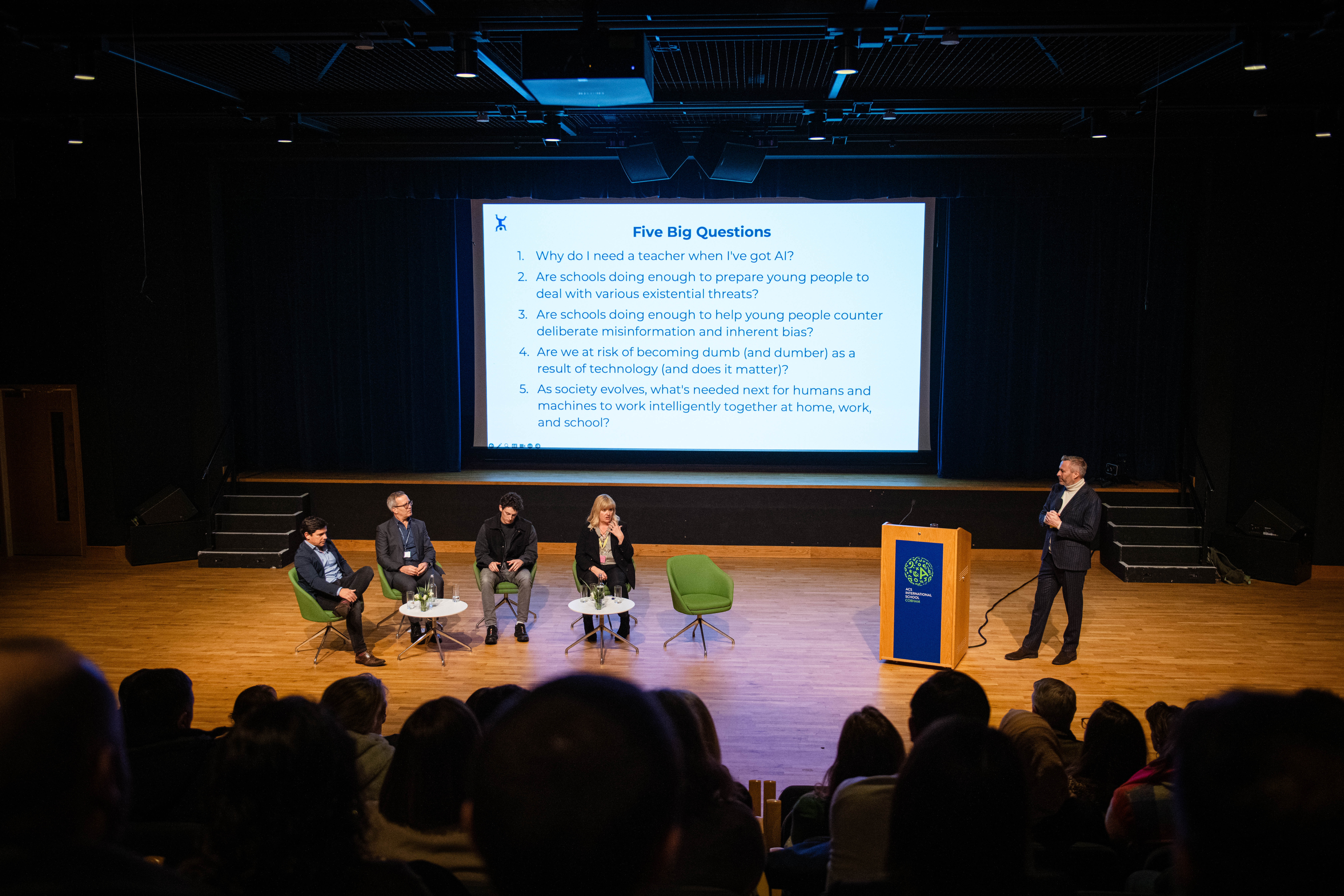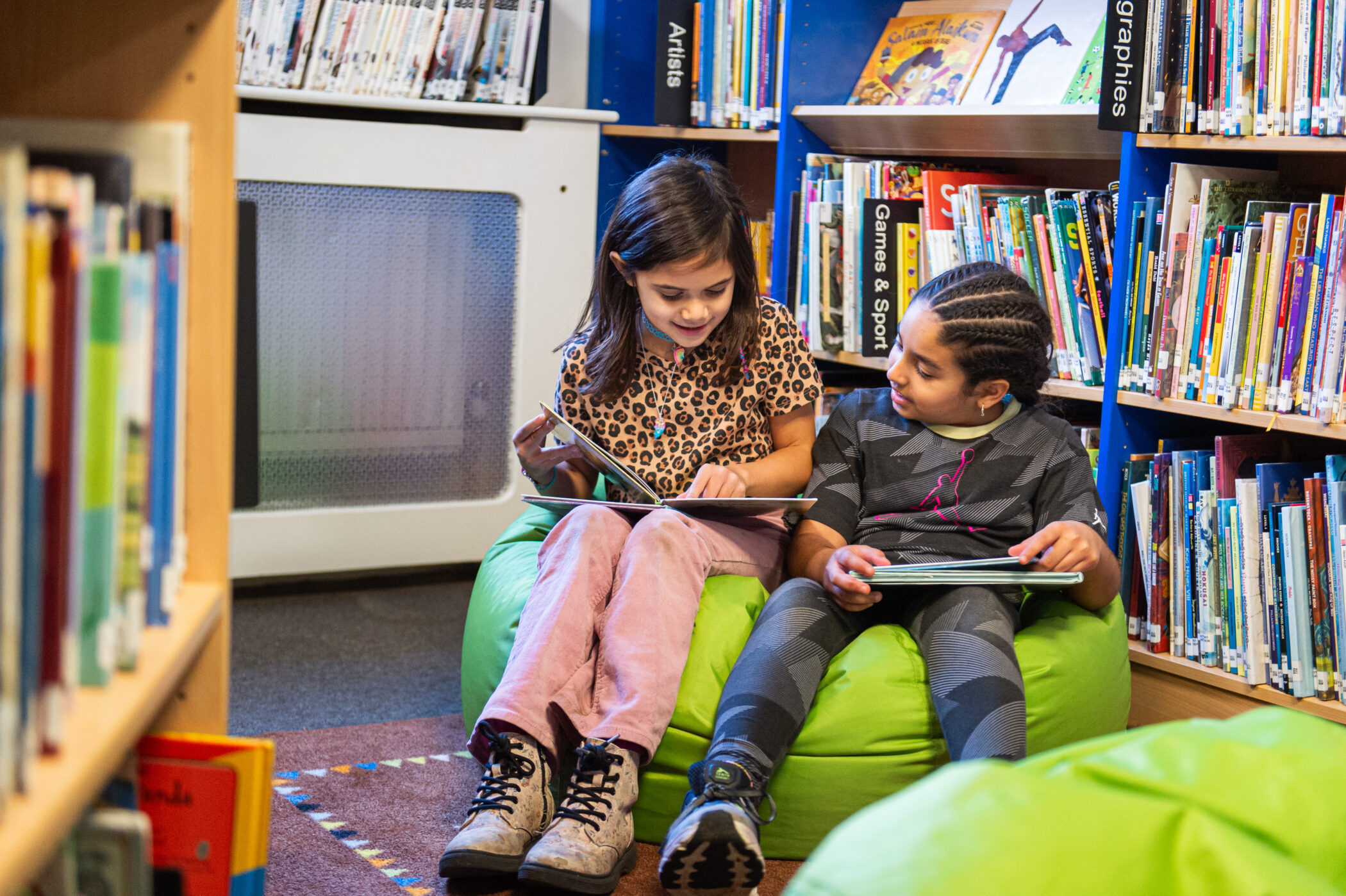
03/Jul/2025
How E-Sports is Revolutionising Learning

26/Jun/2025
Which are the best IB curriculum schools in the UK?

22/May/2025
The American Curriculum: A guide for parents in London

01/May/2025
Empowering Educators to Design Meaningful Learning Experiences

24/Apr/2025
What It Means to Be a Future-Ready Student

01/Apr/2025
ACS joins forces with Williams Esports to revolutionise digital learning and career readiness

06/Mar/2025
5 Critical Questions Labour Must Address for the Future of Education

03/Mar/2025
ACS Egham celebrates record-breaking seven Oxbridge applicants

27/Feb/2025
What Gives an IB School the Educational Edge?

30/Jan/2025





